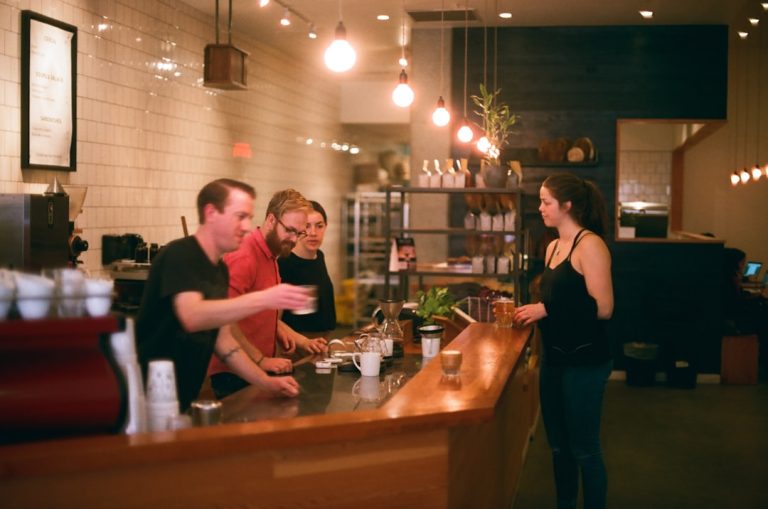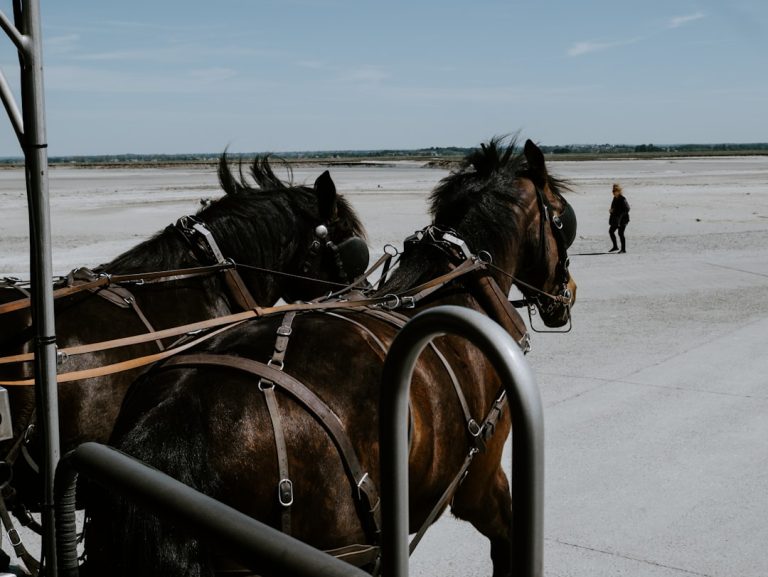
In the ever-evolving landscape of global affairs, current events and news play a pivotal role in shaping public perception and influencing societal dynamics. As of late 2023, the geopolitical climate has been marked by significant developments, particularly in the realm of international relations. The ongoing tensions between major powers, such as the United States and China, have escalated, with trade disputes and military posturing becoming increasingly pronounced.
Recent reports indicate that both nations are engaged in a series of negotiations aimed at mitigating these tensions, yet the underlying issues remain complex and multifaceted. The implications of these interactions extend beyond mere economic considerations; they touch upon issues of national security, technological supremacy, and global governance. In addition to geopolitical tensions, domestic issues within various countries have also garnered attention.
For instance, the rise of populism in several Western democracies has sparked debates about immigration policies, social justice, and economic inequality. Protests and movements advocating for climate action have gained momentum, reflecting a growing awareness of environmental issues among the populace. The intersection of these events illustrates a broader trend: citizens are increasingly mobilizing to demand accountability from their governments.
This shift is not merely a reaction to current events but signifies a deeper societal transformation where individuals are asserting their voices in the political arena.
Key Takeaways
- Current Events and News:
- Global vaccination efforts continue to ramp up, with many countries reaching significant milestones in their immunization campaigns.
- The ongoing conflict in the Middle East has sparked international concern, with efforts to broker a ceasefire and provide humanitarian aid underway.
- Travel and Culture:
- Many popular tourist destinations are beginning to reopen to international travelers, with strict health and safety protocols in place.
- Virtual cultural experiences, such as online museum tours and cooking classes, have gained popularity as people continue to seek ways to explore new cultures from home.
- Hobbies and Interests:
- Outdoor activities like hiking, camping, and gardening have seen a surge in popularity as people seek safe and socially distanced ways to enjoy their free time.
- DIY and home improvement projects have become a favorite pastime for many, as people spend more time at home and look for ways to refresh their living spaces.
- Education and Career:
- The demand for online learning and remote work skills continues to grow, with many individuals and organizations investing in digital education and training programs.
- The job market is showing signs of recovery in certain industries, with opportunities in healthcare, technology, and e-commerce on the rise.
- Food and Dining:
- The trend of home cooking and baking shows no signs of slowing down, with many people continuing to experiment with new recipes and cooking techniques.
- Takeout and delivery services remain popular, with restaurants adapting their menus and operations to cater to the demand for convenient dining options.
- Technology and Innovation:
- The development and distribution of COVID-19 tracking apps and digital health passports have become a focal point in the global effort to manage the pandemic.
- Advances in renewable energy and sustainable technology continue to drive innovation in the quest for a greener and more environmentally friendly future.
- Relationships and Family:
- Virtual gatherings and online social activities have become a mainstay for many families and friends, providing a way to stay connected despite physical distance.
- The pandemic has prompted a renewed focus on mental health and self-care within families, with many prioritizing open communication and emotional support.
- Health and Wellness:
- The importance of mental health and well-being has gained widespread recognition, leading to increased access to virtual therapy and mindfulness resources.
- The rise of home fitness and wellness routines has led to a surge in demand for online workout classes and health-focused apps.
Travel and Culture
Travel has long been a conduit for cultural exchange, allowing individuals to immerse themselves in diverse traditions and lifestyles. In recent years, there has been a noticeable shift towards sustainable tourism, with travelers seeking experiences that not only enrich their understanding of different cultures but also contribute positively to local communities. Destinations that prioritize eco-friendly practices and cultural preservation are becoming increasingly popular.
For example, countries like Costa Rica have positioned themselves as leaders in sustainable tourism by promoting conservation efforts and offering eco-lodges that provide authentic experiences while minimizing environmental impact. Cultural festivals around the world serve as vibrant showcases of local heritage and traditions. Events such as the Diwali Festival in India or the Carnival in Brazil attract millions of visitors each year, offering a glimpse into the rich tapestry of human expression.
These celebrations often feature traditional music, dance, and cuisine, allowing travelers to engage with local customs on a deeper level. Moreover, the rise of digital platforms has enabled cultural exchange to transcend geographical boundaries, with virtual tours and online workshops providing access to experiences that were once limited to physical presence. This blending of travel and technology is reshaping how individuals connect with cultures far removed from their own.
Hobbies and Interests

The pursuit of hobbies and interests is an essential aspect of personal fulfillment and self-expression. In today’s fast-paced world, individuals are increasingly turning to creative outlets as a means of coping with stress and enhancing their well-being. Activities such as painting, gardening, or playing a musical instrument not only provide an escape from daily pressures but also foster a sense of accomplishment and joy.
For instance, the resurgence of interest in DIY projects during the pandemic highlighted how people sought solace in crafting and home improvement tasks, transforming their living spaces into personalized sanctuaries. Moreover, the digital age has revolutionized how individuals engage with their hobbies. Online communities centered around specific interests have flourished, allowing enthusiasts to connect with like-minded individuals across the globe.
Platforms such as YouTube and Instagram have become invaluable resources for sharing knowledge and inspiration. For example, cooking enthusiasts can access countless tutorials that range from basic techniques to gourmet recipes, fostering a culture of culinary exploration. This interconnectedness not only enriches individual experiences but also cultivates a sense of belonging among hobbyists who share their passions with others.
Education and Career
| Education Level | Employment Rate | Median Salary |
|---|---|---|
| High School Diploma | 60% | 35,256 |
| Bachelor’s Degree | 80% | 52,830 |
| Master’s Degree | 85% | 68,064 |
| Doctoral Degree | 90% | 94,900 |
The landscape of education and career development is undergoing a profound transformation driven by technological advancements and shifting societal needs. Traditional educational models are being challenged by innovative approaches that prioritize experiential learning and skill acquisition over rote memorization. Institutions are increasingly adopting blended learning environments that combine online resources with in-person instruction, allowing students to tailor their educational experiences to their unique learning styles.
In parallel, the job market is evolving to accommodate new skill sets that align with emerging industries. The rise of artificial intelligence, data analytics, and renewable energy has created demand for professionals equipped with specialized knowledge in these areas.
As a result, many individuals are pursuing non-traditional pathways to career advancement, such as online courses or boot camps that offer targeted training in high-demand fields. This democratization of education empowers individuals to take control of their career trajectories, enabling them to adapt to an ever-changing job landscape.
Food and Dining
The culinary world is experiencing a renaissance characterized by innovation and a renewed focus on sustainability. Chefs and home cooks alike are embracing farm-to-table practices that prioritize locally sourced ingredients while minimizing environmental impact. This movement not only supports local economies but also fosters a deeper connection between consumers and the food they eat.
Restaurants that champion seasonal menus are gaining popularity as diners seek authentic experiences that reflect regional flavors and traditions. Moreover, the rise of plant-based diets has transformed dining habits across the globe. As awareness of health and environmental issues grows, more individuals are opting for vegetarian or vegan options.
This shift has prompted restaurants to expand their menus to include diverse plant-based offerings that cater to a wider audience. For instance, innovative chefs are experimenting with alternative proteins such as jackfruit or lentils to create dishes that appeal to both vegetarians and meat-eaters alike. The fusion of culinary creativity with ethical considerations is reshaping how society approaches food consumption.
Technology and Innovation

The rapid pace of technological advancement continues to redefine various aspects of daily life, from communication to transportation. Innovations such as artificial intelligence (AI) and machine learning are revolutionizing industries by enhancing efficiency and enabling data-driven decision-making. In healthcare, for example, AI algorithms are being utilized to analyze medical images with remarkable accuracy, assisting radiologists in diagnosing conditions more effectively than ever before.
This integration of technology not only improves patient outcomes but also streamlines workflows within medical facilities. Furthermore, the advent of smart devices has transformed how individuals interact with their environments. The Internet of Things (IoT) has enabled everyday objects to connect to the internet, allowing for seamless communication between devices.
Smart home technology exemplifies this trend; homeowners can now control lighting, heating, and security systems remotely through their smartphones. This level of connectivity enhances convenience while also raising questions about privacy and data security. As technology continues to evolve at an unprecedented rate, society must navigate the balance between embracing innovation and addressing its potential challenges.
Relationships and Family
The dynamics of relationships and family structures are continually evolving in response to societal changes and cultural shifts. Traditional notions of family are being redefined as diverse configurations gain recognition and acceptance. Single-parent households, blended families, and same-sex partnerships are increasingly common, reflecting a broader understanding of what constitutes a family unit.
This evolution is accompanied by discussions surrounding parenting styles, communication methods, and the importance of emotional intelligence in fostering healthy relationships. Moreover, technology plays a significant role in shaping interpersonal connections. Social media platforms have transformed how individuals maintain relationships, enabling them to stay connected regardless of geographical distance.
However, this digital landscape also presents challenges; the prevalence of online interactions can sometimes lead to feelings of isolation or superficial connections. As families navigate these complexities, there is a growing emphasis on cultivating meaningful relationships through open communication and quality time spent together. The balance between digital engagement and face-to-face interactions remains crucial in nurturing strong familial bonds.
Health and Wellness
The pursuit of health and wellness has become a central focus for many individuals seeking to enhance their quality of life. A holistic approach that encompasses physical fitness, mental well-being, and emotional resilience is gaining traction as people recognize the interconnectedness of these aspects. Regular exercise routines have evolved beyond traditional gym workouts; activities such as yoga, Pilates, and outdoor adventures are increasingly popular for promoting both physical health and mental clarity.
Mental health awareness has also surged in recent years, leading to greater acceptance of seeking help through therapy or counseling services. The stigma surrounding mental health issues is gradually dissipating as more individuals share their experiences openly. Mindfulness practices such as meditation have gained prominence as effective tools for managing stress and anxiety in an increasingly fast-paced world.
By prioritizing mental well-being alongside physical health, individuals are taking proactive steps toward achieving a balanced lifestyle that fosters resilience in the face of life’s challenges. In conclusion, the multifaceted nature of contemporary life encompasses a wide array of topics ranging from current events to personal interests. Each area reflects broader societal trends while simultaneously influencing individual experiences in profound ways.
As we navigate this complex landscape, it becomes evident that our choices—whether related to travel, education, or health—are interconnected threads woven into the fabric of our lives.






